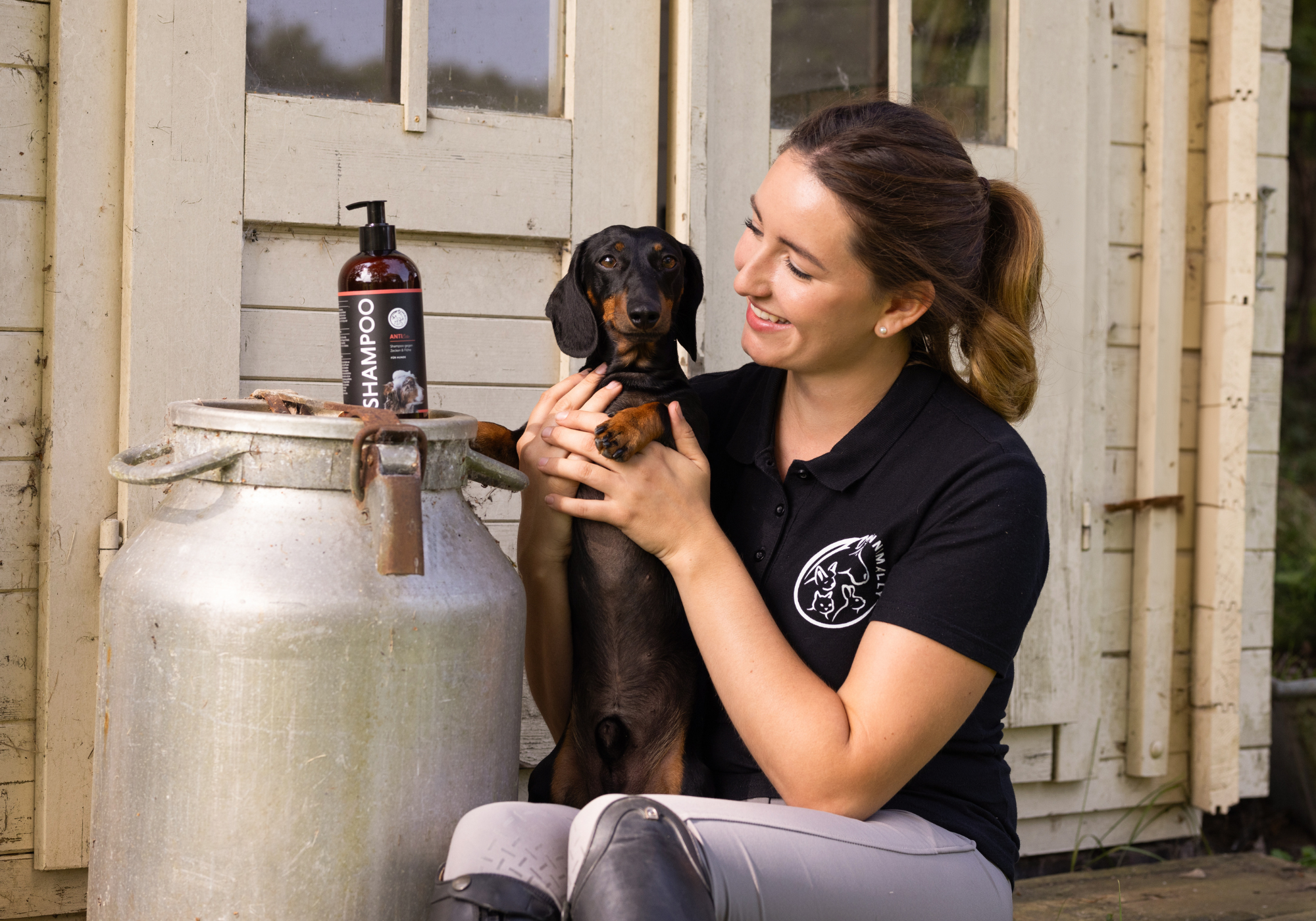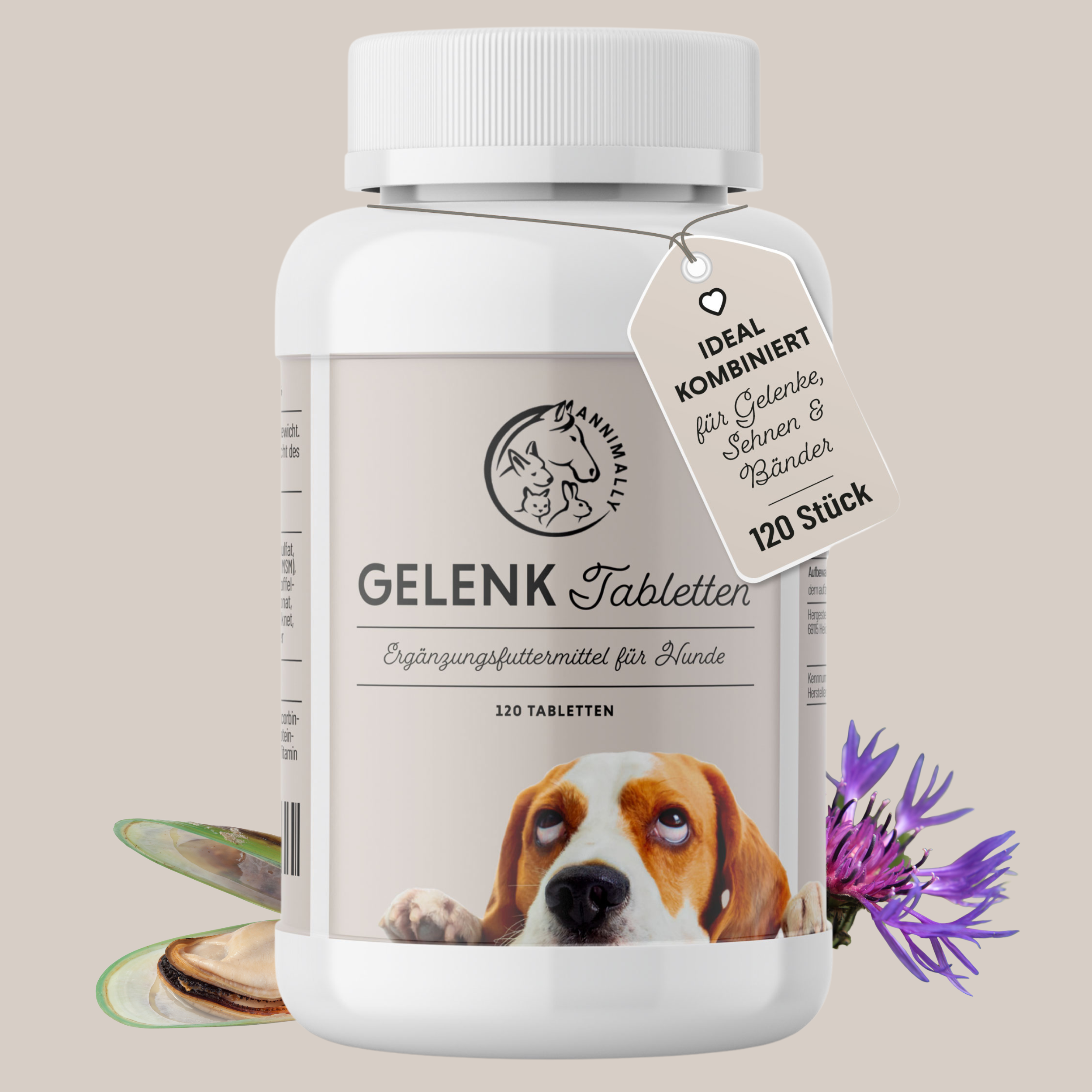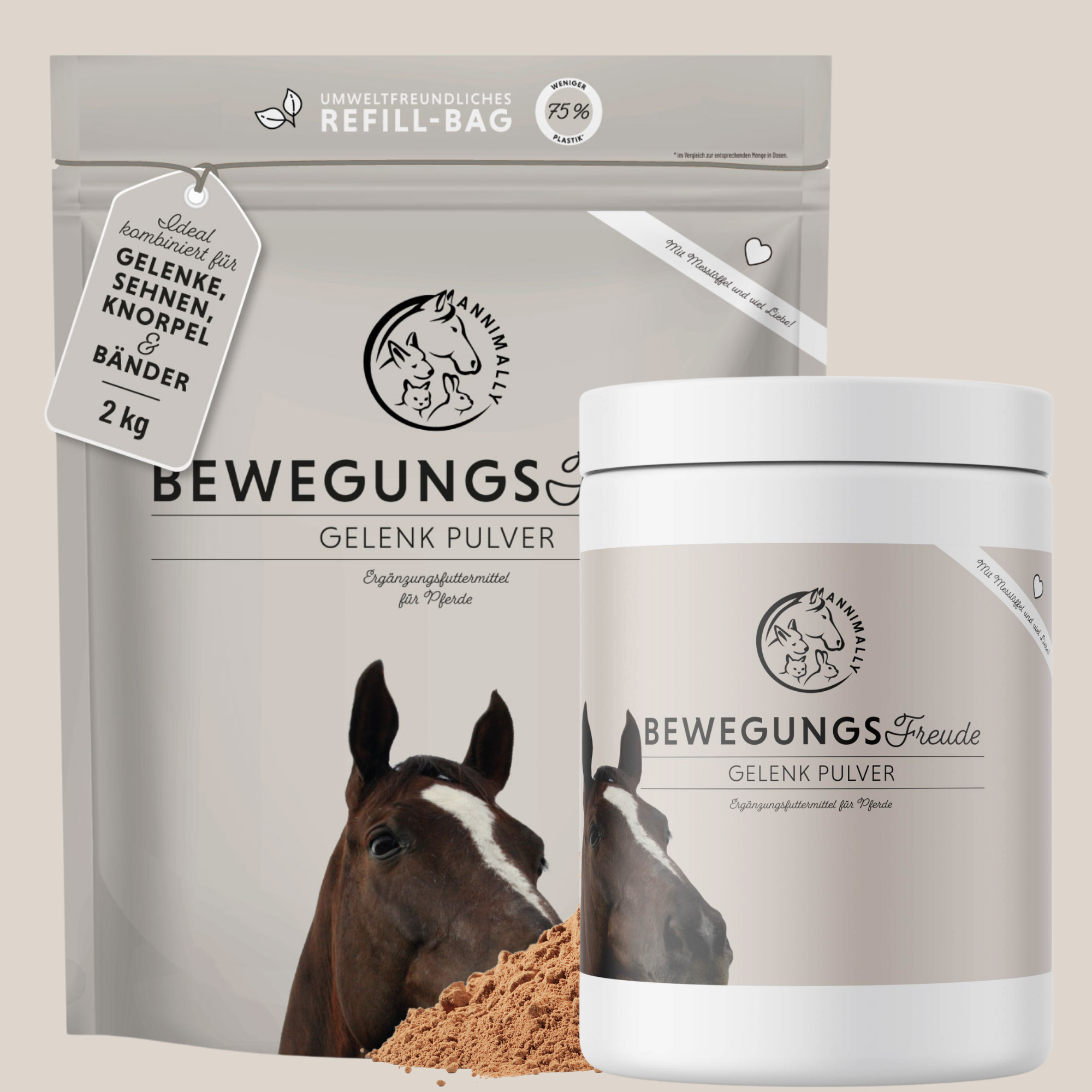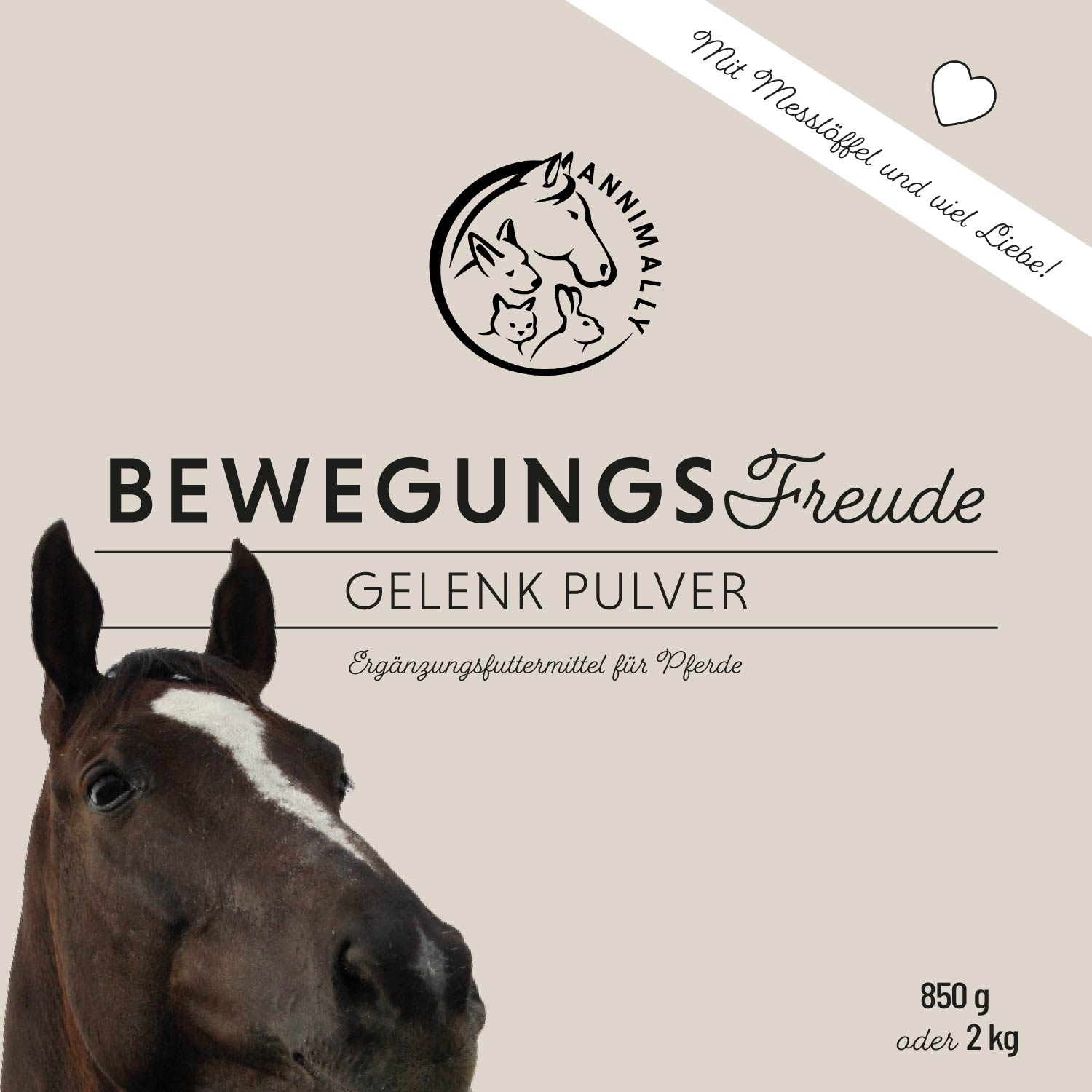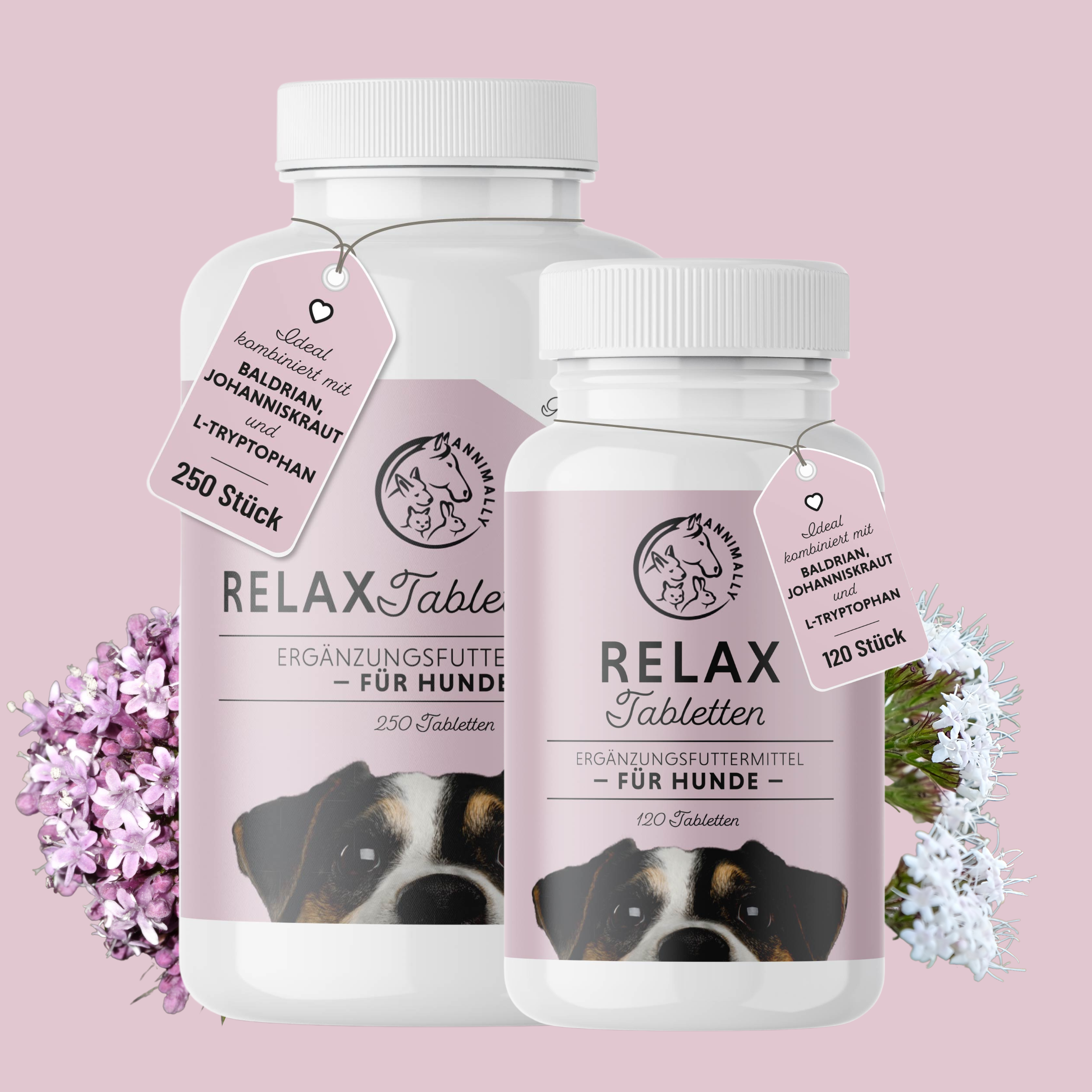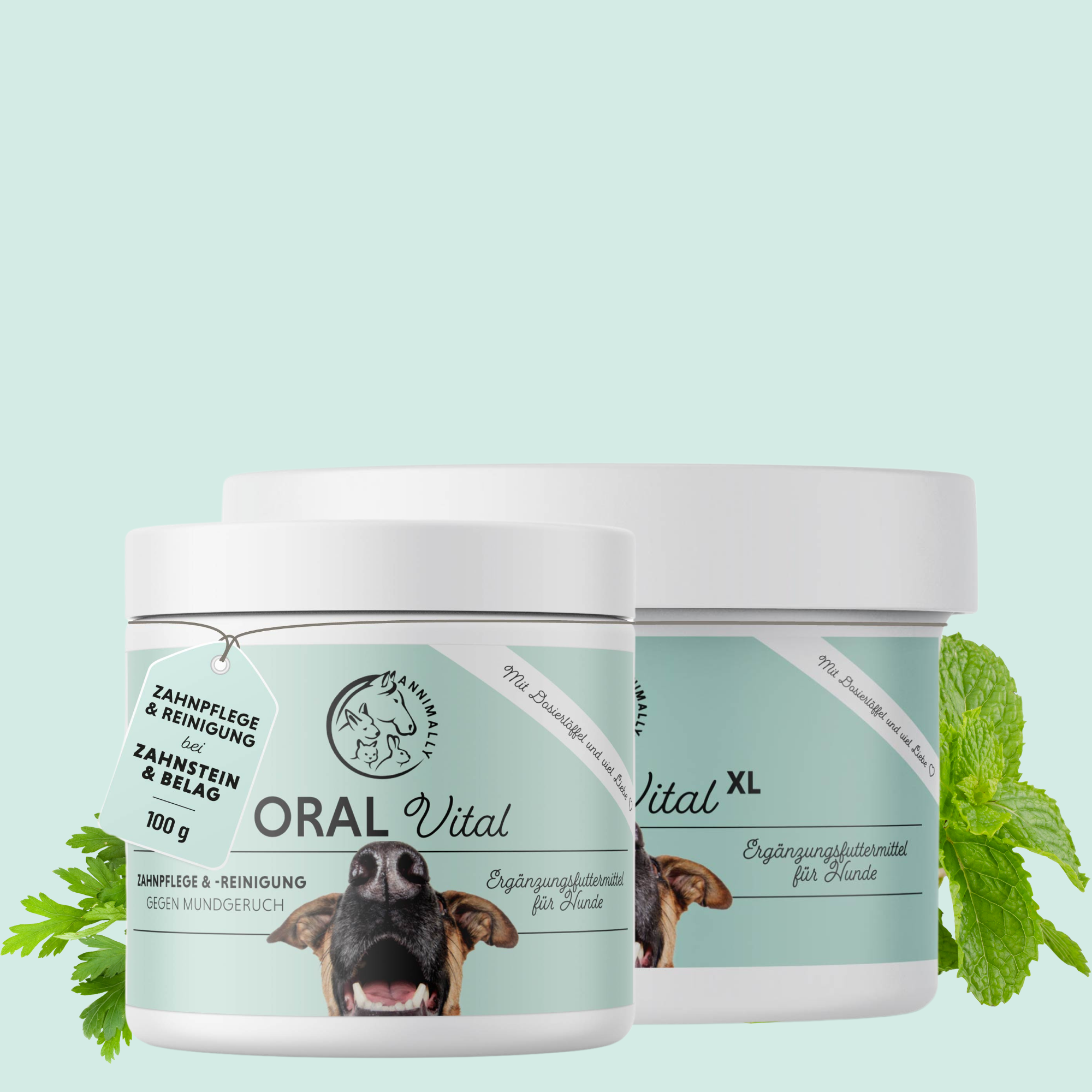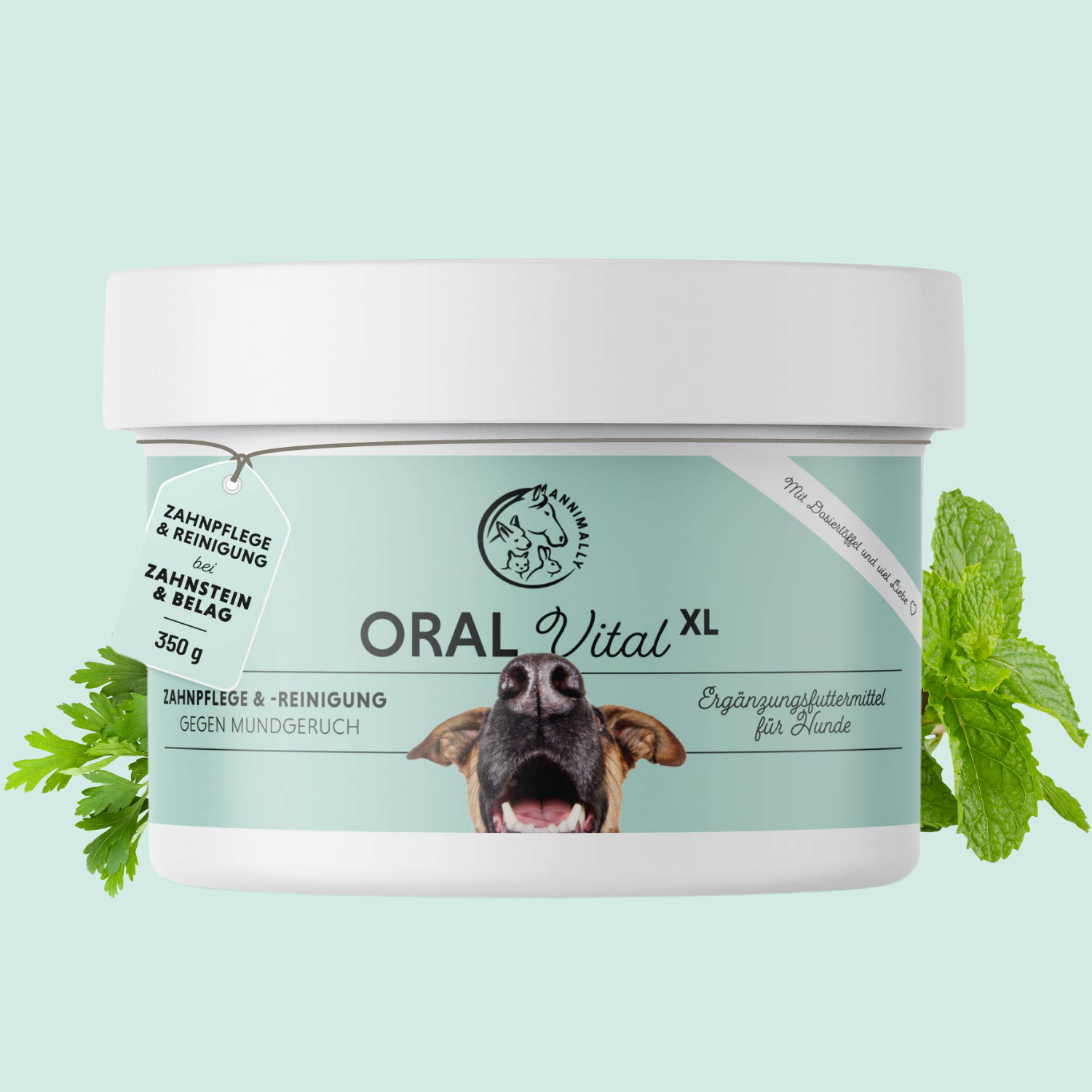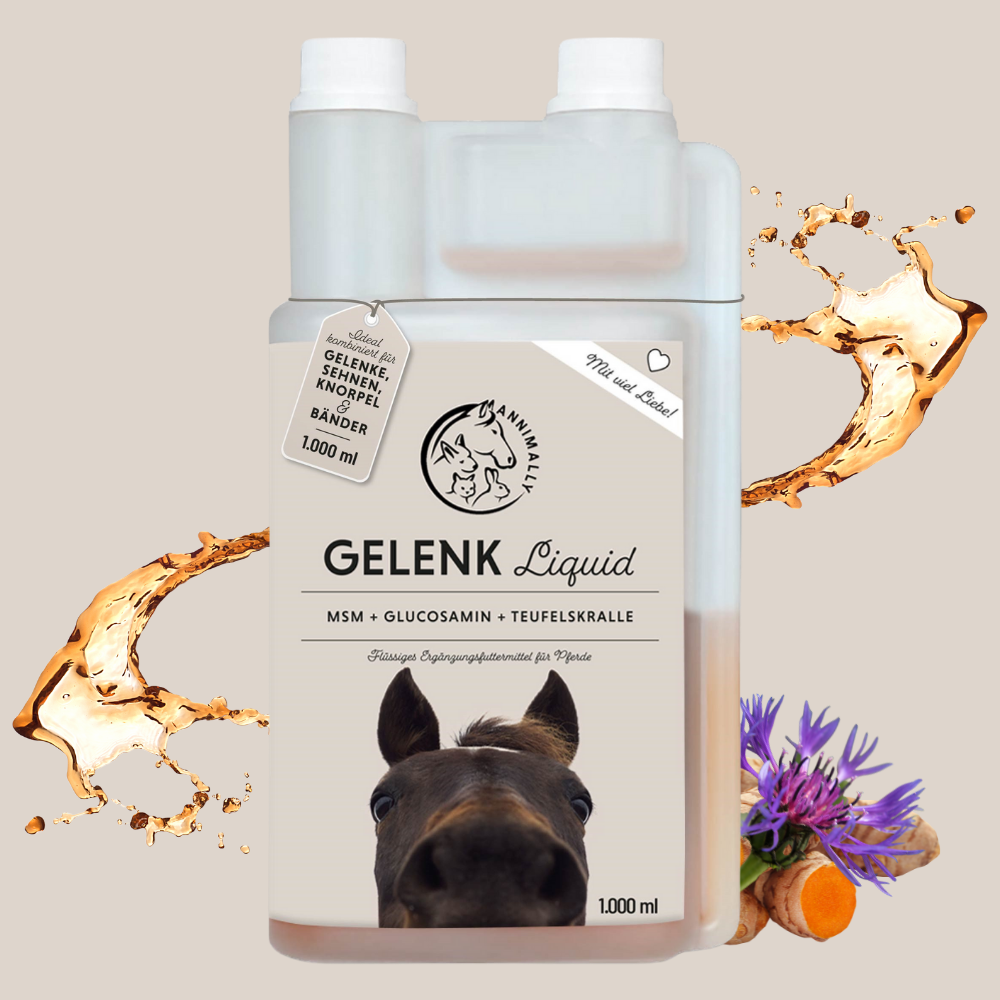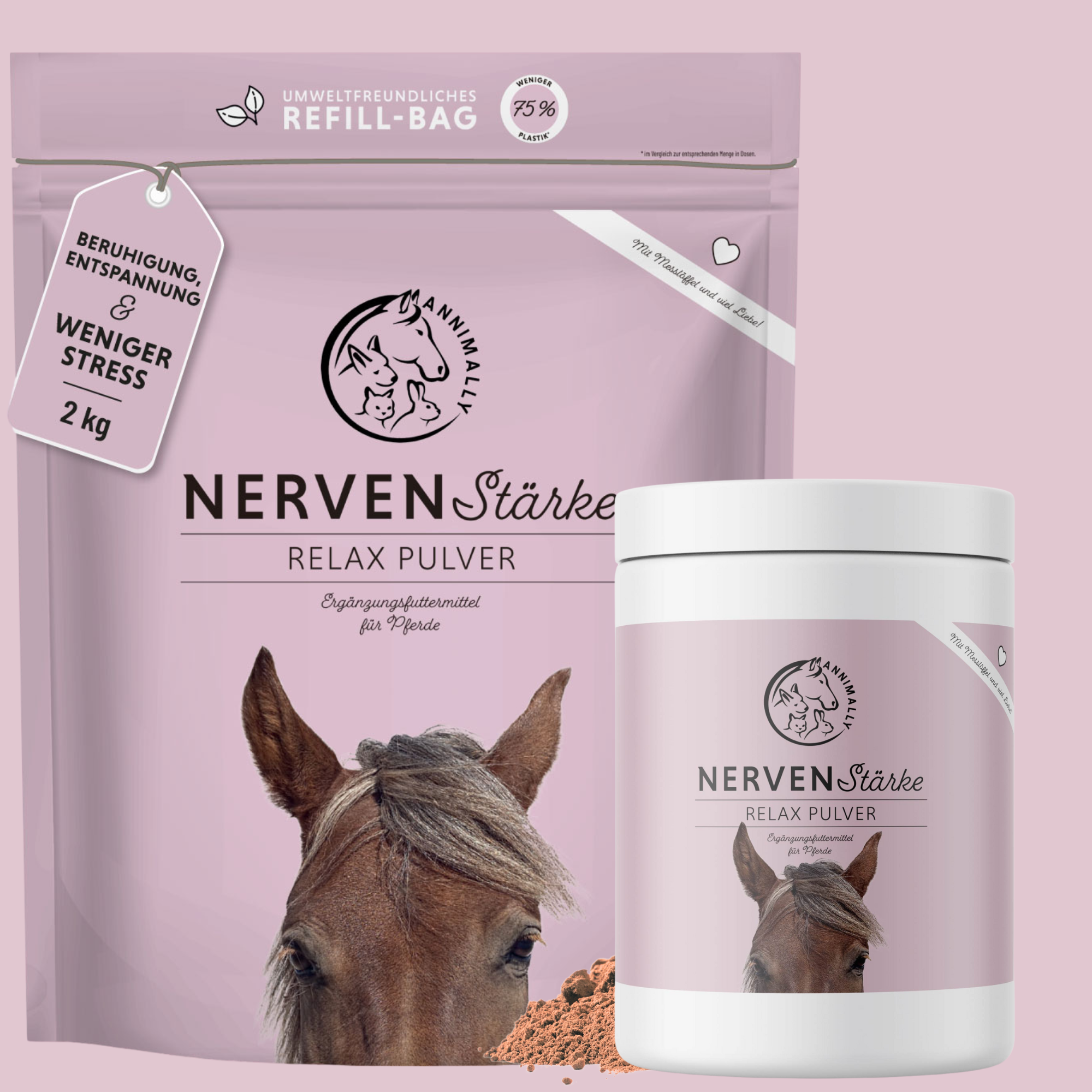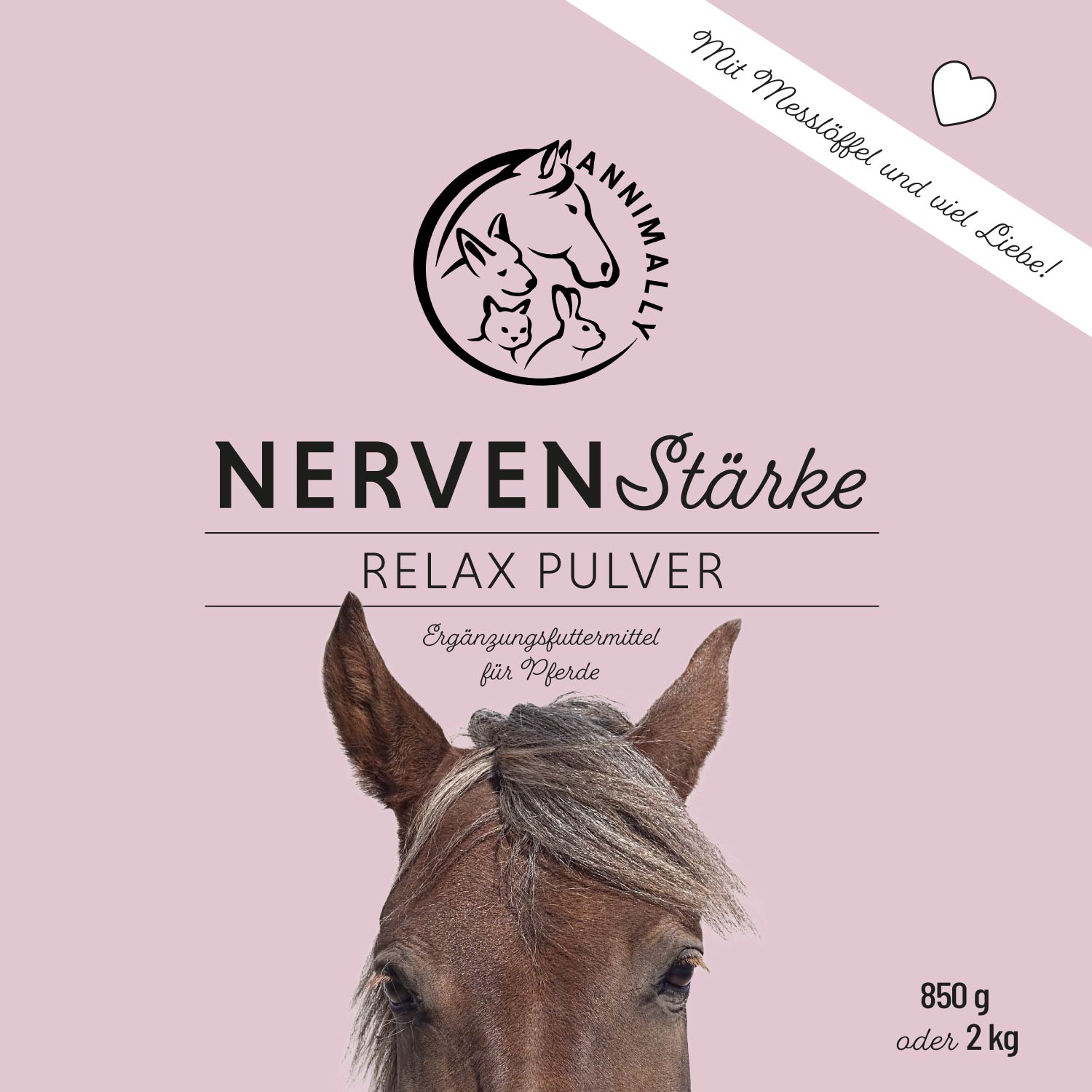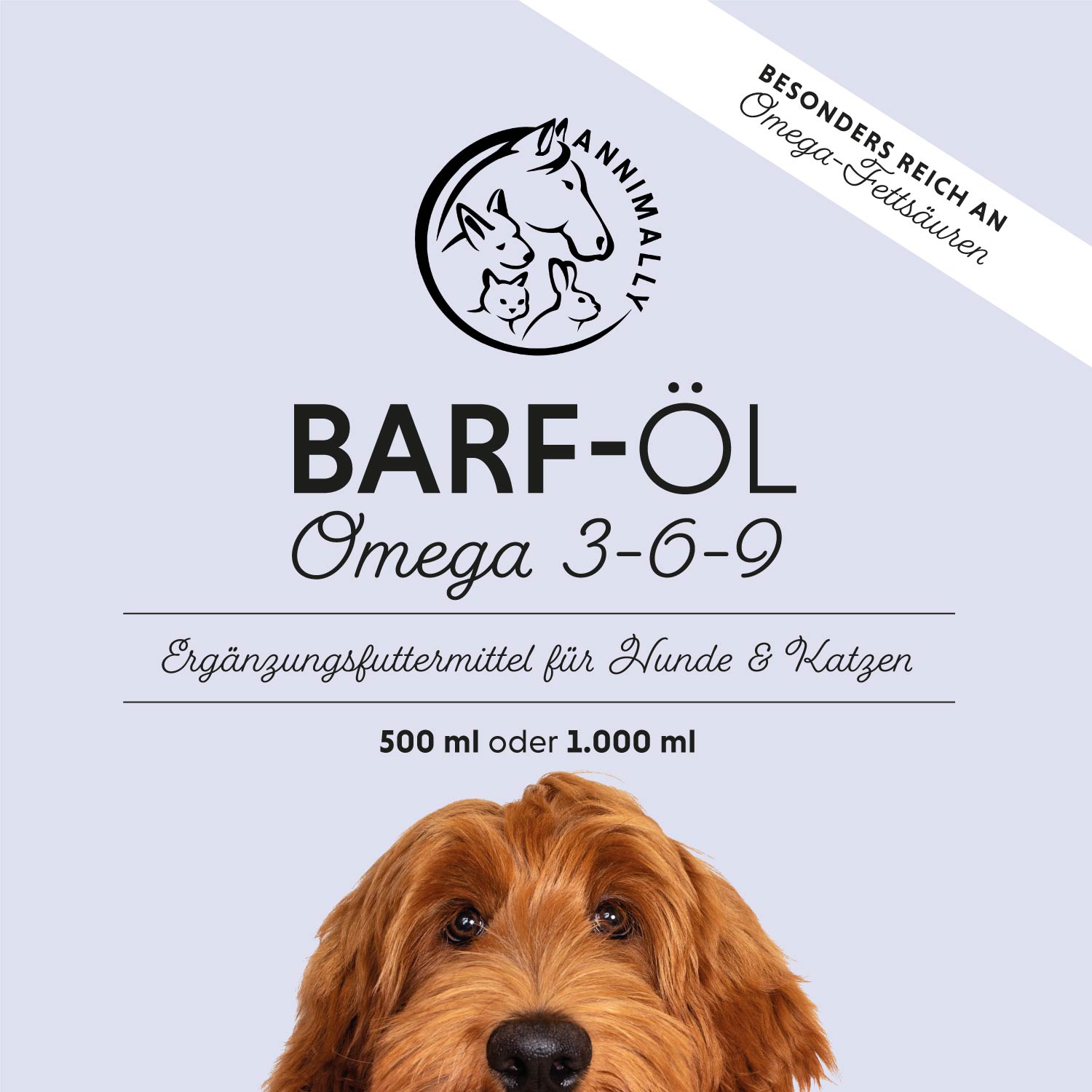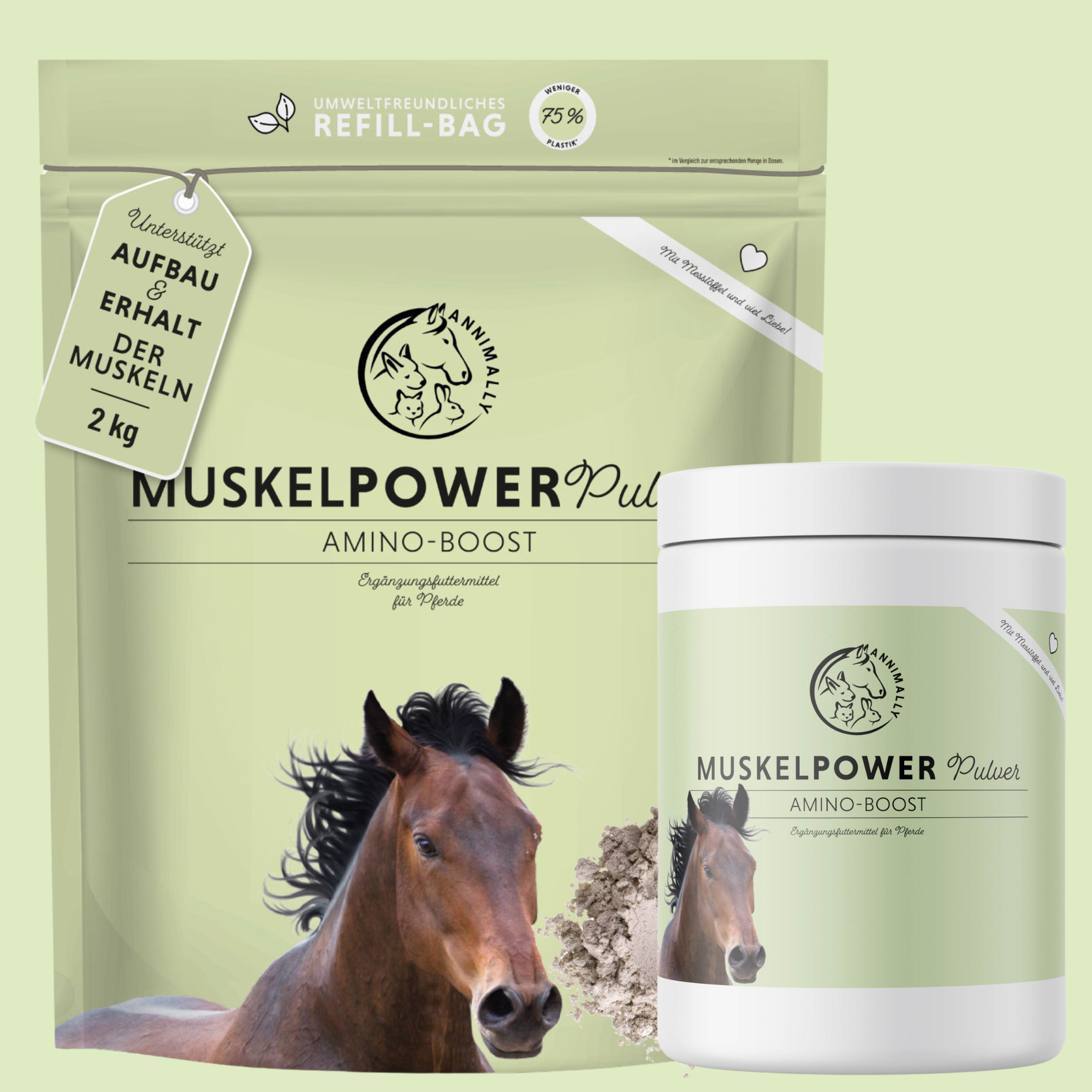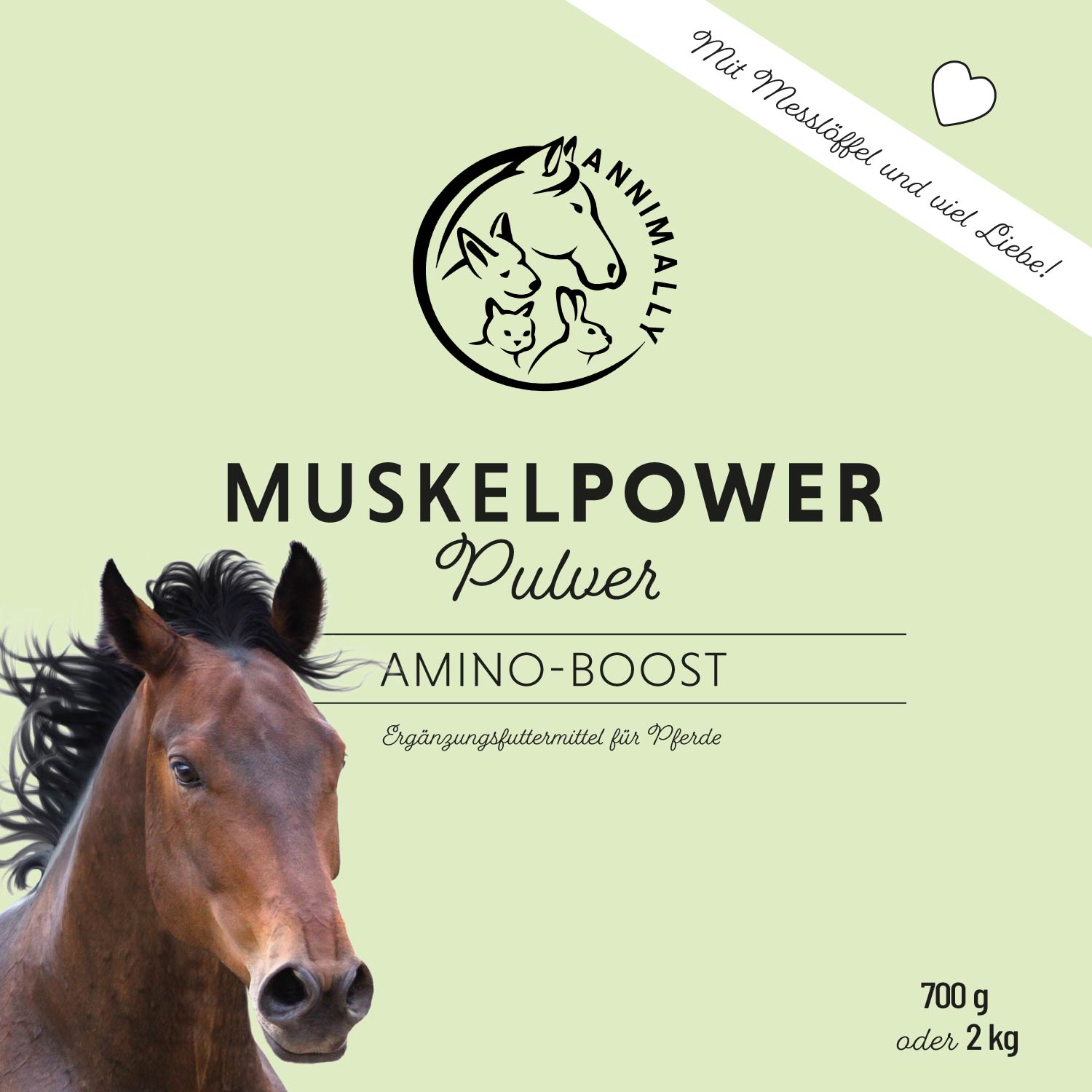
Stomach pain in dogs: what can I do?
Prayer position, hard stomach, loud grumbling and even trembling: the signs of stomach ache in four-legged friends are varied and admittedly not always easy to interpret. Stomach pain can (but doesn't have to) be the messenger of many different diseases and should therefore not only be taken very seriously, but ideally also recognized early by masters and mistresses. Time to give you some tips and useful facts about stomach ache in dogs. This is how you can quickly recognize a stomach ache in Luna, Sammy and Co. and know exactly what to do.
Signs of abdominal pain: how to recognize them

Unfortunately, our fur noses can't talk to us and yet they communicate with us in their very own canine way. Even when they are unwell, there are signals with which they tell us two-legged friends "Something's wrong!", but be careful: some dogs are tough and only show clear symptoms of illness when it's really bad. The first changes and even the smallest signs of abdominal pain should therefore be recognized and treated. You can recognize abdominal pain in dogs by these symptoms:
- Your dog's abdomen will feel hard when palpated
- Your dog is limp and sluggish than usual
- There are problems sleeping
- Your dog is restless
- Your dog's posture seems tense
- Your dog is not really hungry
- Your four-legged friend stretches particularly often
- You observe frequent licking of the lips
- Your dog is vomiting or has diarrhea
- You notice that your dog keeps going into the prayer position
- Your dog is eating excessive amounts of grass
The most common reasons for abdominal pain in dogs

Just like in humans, stomach pain in dogs can have many different reasons. Some of them are harmless, others unfortunately are not. The list of possible diagnoses ranges from mostly harmless flatulence to unsightly gastrointestinal infections and even life-threatening poisoning. A visit to the veterinarian should be made, especially if the pain is persistent or suspected. He will examine your darling and can make a clear diagnosis. We give you an overview of the most common diagnoses.
food allergy
Not every dog tolerates every food and every snack. If a food is not tolerated, this leads to abdominal pain in the dog, in addition to other symptoms. Usually only an allergy test or an elimination diet can provide clarity. Common triggers are beef, dairy, poultry, eggs, or grains.
gastrointestinal infection
Even the strongest immune system sometimes doesn't stand a chance against a stubborn infection. What is not nice for us humans is also even more dangerous for your dog, since constant vomiting and diarrhea quickly lead to the risk of dehydration. It is therefore best to consult your trusted veterinarian directly.
gas
If your dog has had fartitis for a short time, this is usually not a problem. Too much gas in the intestines simply leads to flatulence and that can happen from time to time. However, you should be alert to additional symptoms such as fever. Recurring flatulence should also be examined by a doctor.
Gastric mucosal inflammation
If your dog keeps suffering from severe abdominal pain - maybe even in combination with vomiting or diarrhea, this speaks for gastritis. Since this causes real abdominal cramps, it is really nasty and gives your furry friend a lot of trouble. It is treated with acid-regulating drugs, which are best prescribed by the veterinarian. Of course helpers complement the treatment.
gastric torsion
What sounds dramatic is also dramatic. In the worst case, very severe abdominal pain in the dog suggests a torsion in the stomach. In this case, the stomach turns completely over, which means that nerves and blood vessels are pinched off. If left untreated, this disease is fatal. Larger dogs are more likely to be affected than small ones.
intestinal obstruction
This literally closes the intestines. This happens, for example, if your four-legged friend has swallowed indigestible small parts or after a long period of constipation. In addition to abdominal pain, absent stool is the most important symptom. In this case, the motto is: off to the vet, because the operation has to be carried out as soon as possible.
Giardien
The diagnosis of Giardia is not only unfavorable for your dog, master and mistress must also take all sorts of hygiene measures in this case to get rid of the nasty parasites. Puppies in particular are magically attracted to the pests. They multiply in the intestines and cause inflammation there, which can be painful for your dog. Giardia can be diagnosed with a stool sample.
poisoning
Add to that abdominal pain, extreme lethargy, vomiting, and symptoms like pale gums, and poisoning could be the culprit—and that's not to be trifled with. Triggered by food that is toxic to the dog, such as chocolate or even poisonous bait, such as rat poison, your darling must be treated by the vet as soon as possible.
Home remedies to help with stomach pain

Stomach pain in dogs cannot only be combated with conventional medicine. Natural remedies in particular are often used and provide spontaneous relief or supplement drug treatment.
The following remedies will help your fur nose:
- hot water bottle
- Haferschleim
- Moro'sche
- carrot soup
- herbal tea
- psyllium husks
hot water bottle
The good old hot-water bottle not only helps us humans, this simple household remedy also works wonders for four-legged friends. You can simply put a hot-water bottle in the basket and the warmth will relax your stomach. Please make sure that the temperature of the water is not too hot. Alternatively, spelled pillows are also suitable, which you can heat up in the microwave.
Haferschleim
It has a calming effect on the stomach and can even relieve diarrhea. If your dog doesn't like to eat the slime, treats or a small spoonful of honey can be mixed in.
Moro'sche carrot soup
Named after its inventor, a Mr. Moro, this soup is a magic bullet against stomachache and stomach problems. Carrots, water and salt are boiled for at least 1.5 hours. Then you can puree the soup - tada, done and your dog will love it!
herbal tea
Herbal teas are good for your dog because they not only promote fluid intake, but often also have an antibacterial, antispasmodic and anti-inflammatory effect. Chamomile or peppermint tea are particularly suitable.
psyllium husks
Flea seed shells are bursting with healthy fiber and have a positive effect on the intestinal flora in dogs. You can soak them in water or another liquid to create the jelly-like consistency. This jelly spreads on the stomach wall and alleviates the symptoms. Make sure you put enough water or something similar in the seeds so they don't deprive your dog of too much liquid.
Got to the vet with a stomach ache

Many owners are unsure when a trip to the vet is necessary for stomach pain and when it might be too hasty. Our rule of thumb: If abdominal pain lasts longer than two days or if you are accompanied by other symptoms from the start, an appointment with the veterinarian makes sense and is the right thing to do. In any case, when in doubt, it is better to have too much than too little.

